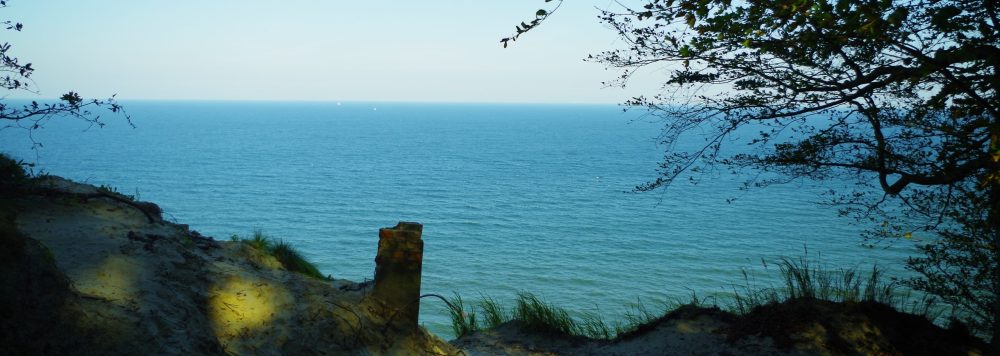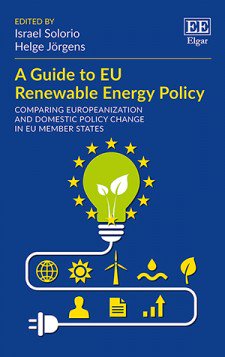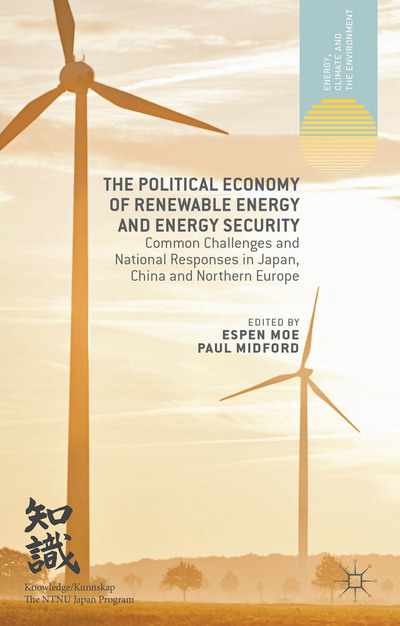Mine and Andrzej Ancygier’s book chapter “Poland at the renewable energy policy crossroads – an incongruent Europeanization?” has been published in the book “A Guide to EU Renewable Energy Policy. Comparing Europeanization and Domestic Policy Change in EU Member States” by Edward Elgar Publishing (2017, pp. 183-203).
About the book from the publisher’s website:
“This book is a guide for understanding the EU renewable energy policy as one of the most ambitious attempts world-wide to facilitate a transition towards more sustainable energy systems. It contains key case studies for understanding how member states have shaped the EU renewable energy policy, how the EU has affected the policies of its member states and how renewable energy policies have diffused horizontally. An analysis of the external dimension of the EU renewable energy policy is also included.”


